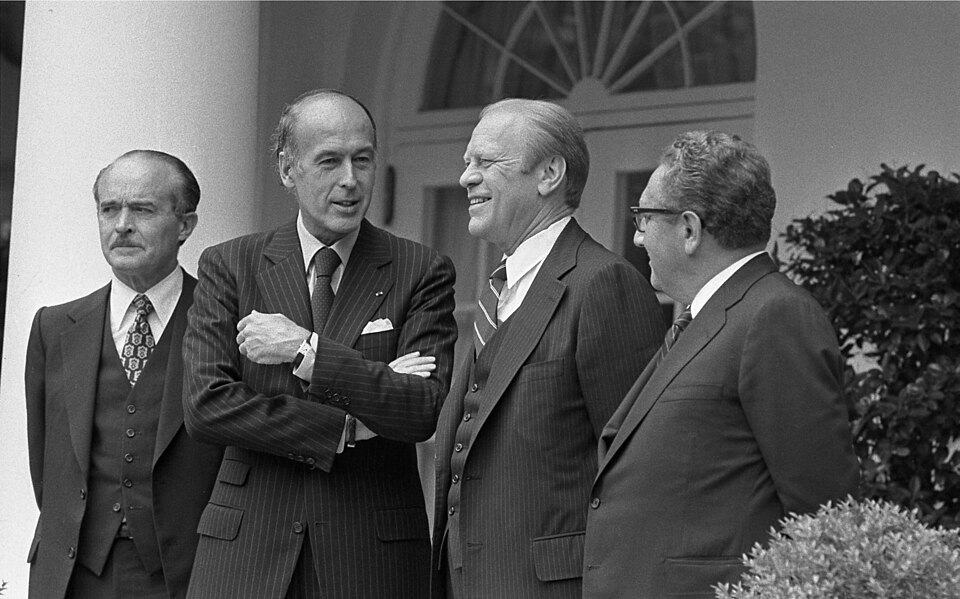Editorial
As announced at the end of last year, we present you here the first of our quarterly editions with eight articles taken from the French edition of RDN over the first quarter of 2012. As promised more recently, and in the light of the forthcoming Presidential elections in April and May, the emphasis is on defence and security issues that the Presidential election candidates should perhaps be considering for public debate among the host of other things that occupies their thoughts.
Bruno Tertrais reflects on the major challenges that 2012 will present and laments, like so many others, that public defence debate will be almost absent from the presidential campaign trail, since political left and right are largely in agreement on the major issues, particularly on the independence and maintenance of the French nuclear deterrent. He nevertheless calls for debate that gets the citizen involved. François Géré, the director of the French strategic analysis institution, offers his thoughts on security issues, pointing out some clear principles derived from recent history on which planning should henceforth be based, and Etienne Copel examines the need for realism, and in particular questions the cost and necessity of the airborne component of France’s nuclear deterrent. The nuclear deterrent, together with disarmament, tends to dominate thinking in defence strategy circles, and the contribution from Philippe Wodka-Gallien, on France’s record on disarmament is a useful round-up of the main arguments for sufficiency in the field and the need to tread carefully in an era of proliferation. The same subject is touched upon by Jean Dufourcq in his broader look at nuclear power—in all senses of the term—at the end of which he also counsels caution in a world that is finding energy resources more and more difficult to come by for a host of reasons.
The issue of the anti-missile shield has absolutely to be debated, and Bernard Lavarini does this for us from a Franco-European viewpoint in which he urges Europeans to wake up to the likely fact that what is sold as protection for us in Europe is very likely to be entirely under US control. Whether or not this is something to be concerned about is for the reader to decide, but the debate is launched.
Reflecting a reality that is affecting our troops today, and which could well be a question the presidential candidates discuss, René Cagnat looks at the deadly danger that abounds in Afghanistan—both literally, for the troops on the ground, and in a more general political sense. He discusses how Central Asia might be protected from the evils that run through the region, drug production and trafficking in particular.
Finally, on a different note, we present the text of a speech given at the end of 2011 by the Brazilian Minister of Defence on how he sees his country’s development and contribution to global strategy through multilateralism. This gives a difficult balance to be struck for a peaceful country with no expansionist intentions, yet one that is acutely aware of the current and future security issues in the South Atlantic region.
More on the presidential debates and security issues stemming from them will appear in Tribune in the next month-or-so, and the next full English edition of RDN is planned for 15 June.




_astronaut_Sophie_Adenot_(jsc2025e058846_alt).jpg)



